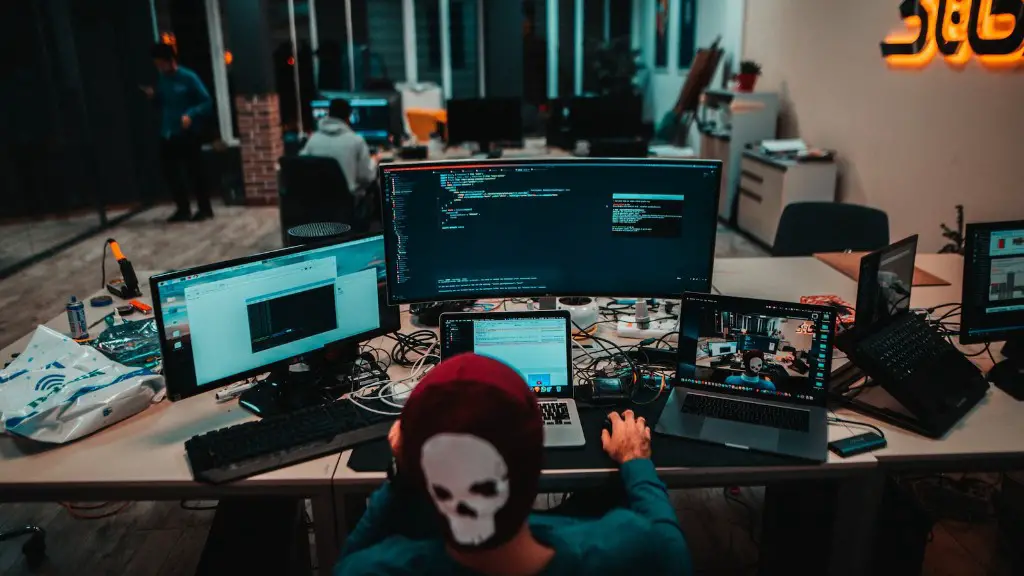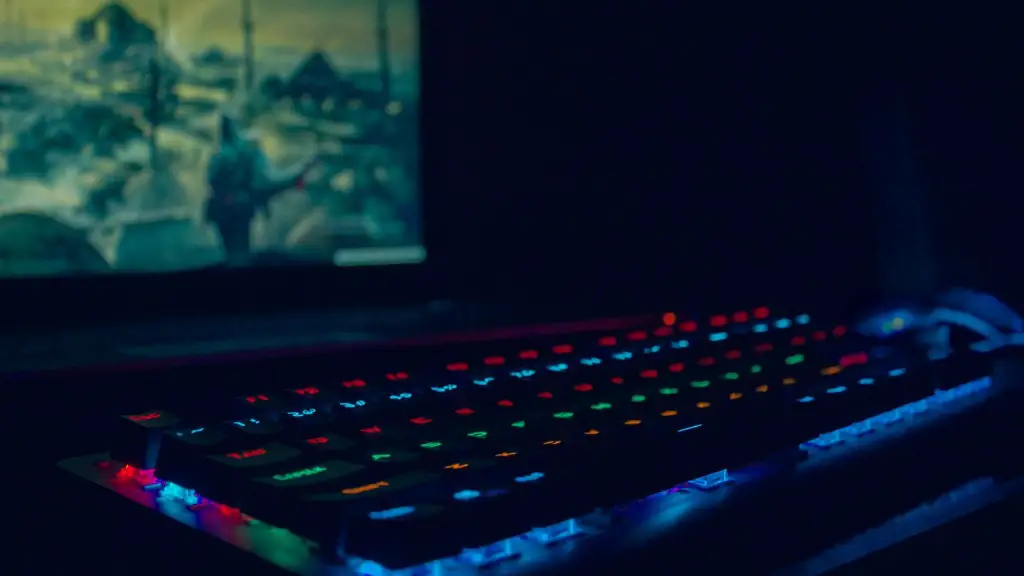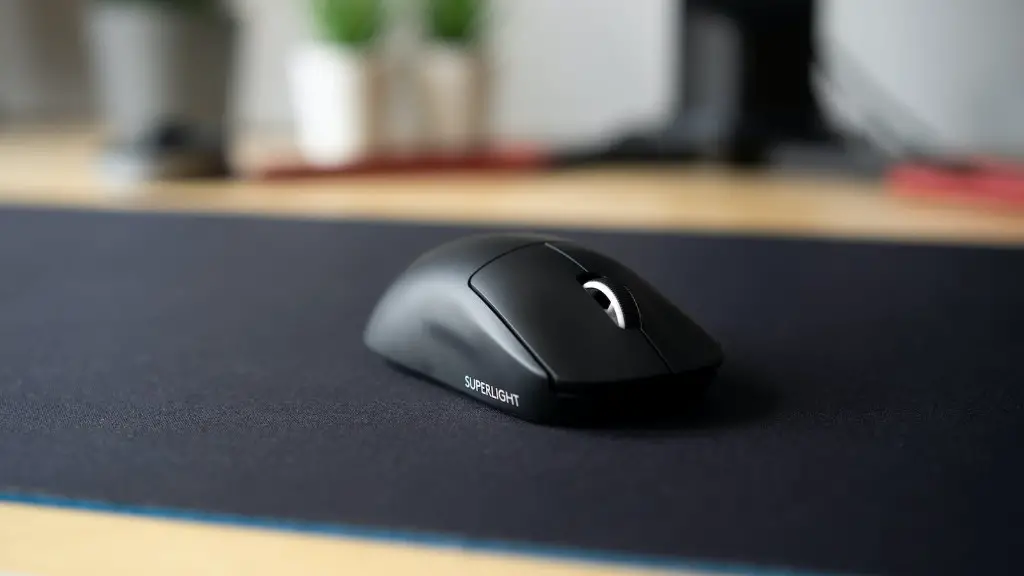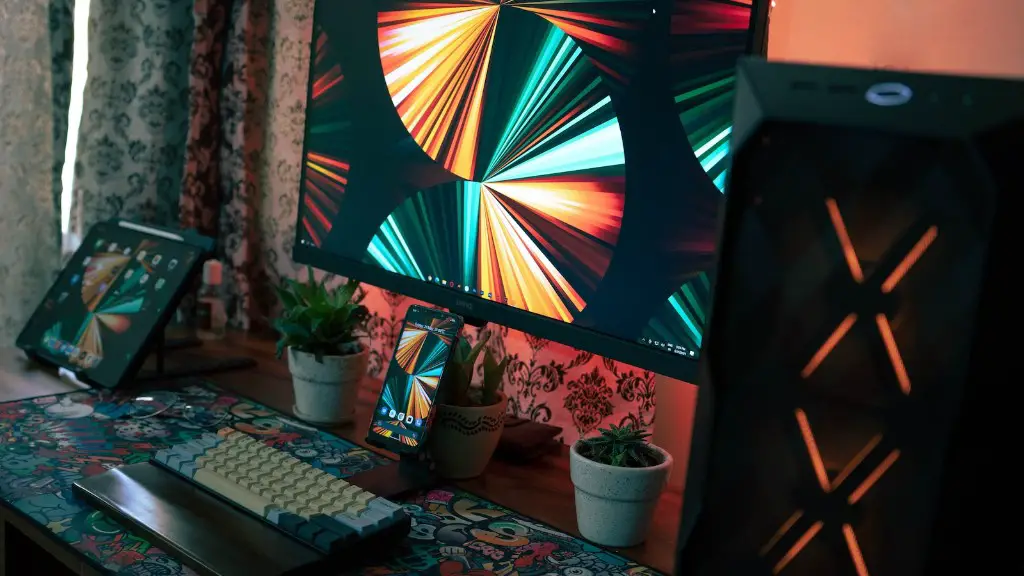It is commonplace to hear people ask, “What’s the best, cheapest gaming PC?” Picking the right build can be a daunting task, with lots of factors to consider. Price, hardware, and performance all play a role in choosing the right setup. In this article, I’ll break down the components needed for a great gaming PC and how to build the best, cheapest system, without any unnecessary extras.
The main component of any gaming PC is the graphics card. It’s usually the most expensive component, and the quality of your gaming experience depends on it. You’ll want to get the best card that fits your budget. Look for good performance at a reasonable price. I wouldn’t recommend spending more than $200 on a GPU.
The CPU also plays an important role in gaming. It’s important to have a powerful processor in order to run the latest and most demanding games. You don’t have to spend a lot on a CPU, though; the Intel Core i5-9400F should be good enough for most budget gamers. It has 6 cores and a base clock of 2.9GHz.
The motherboard is another important component, as this will determine what components you can use. The price of motherboards can range widely, so make sure you get one that fits your budget, but also one that’s compatible with the other components you plan to use. I’d recommend spending around $100 on a decent motherboard.
You’ll need a good power supply to make sure your PC is running efficiently. I’d recommend getting an 80+ Bronze certified power supply. This will ensure your power supply is reliable and can handle the power needed for high-end components. I’d spend around $50 on a good power supply.
For the case, you’ll want something durable and stylish, as well as affordable. I’d recommend spending around $50-70 for a case that meets all these criteria. The NZXT H510i is a great choice for budget gaming PCs; it has a tempered glass side panel and good quality fans.
Last, but not least, you’ll need RAM and storage. For RAM, I’d recommend going for at least 8GB, but 16GB is ideal for gaming. storage-wise, you’ll want an SSD if you’re on a tight budget. The Crucial MX500 is a great option, with up to 2TB of storage.
Budget-Friendly Parts
Building a gaming PC on a budget doesn’t mean you have to settle for low-quality parts. In fact, there are plenty of budget-friendly parts that are perfect for gaming. For instance, the AMD Ryzen 5 3600 is a great choice for a CPU; it’s one of the best CPUs for gaming, and it’s highly affordable. Similarly, for a graphics card, the GTX 1650 Super is a great option; it’s perfect for budget gaming and can handle most games at 1080p.
When it comes to motherboards, the ASRock B550M Steel Legend is a great budget option. It supports the Ryzen 5 3600 and has all the features you need for your budget gaming build. It also has a Steel Legend design that looks great, and it’s highly affordable. Similarly, for RAM, the G.Skill Aegis 8GB is an excellent choice; it comes with impressive speeds and tight timings, making it perfect for gaming.
Storage-wise, the WD Blue 1TB is a great choice for budget builds. It offers decent read/write speeds and 1TB of capacity. Lastly, if you’re looking for a power supply, the EVGA B3 450W is a great option. It’s 80+ Bronze certified, and it has plenty of power for a budget gaming build.
Essential Accessories
While you can get away with just the essentials for your build, there are some important accessories that will help you get the best gaming experience. For instance, a good gaming mouse will allow you to make precision movements with high accuracy. Additionally, a gaming keyboard is also important, as it gives you the ability to control your gaming environment with ease.
You’ll also want a good monitor. Of course, the resolution and refresh rate of the monitor should be something to consider, but you’ll also want to make sure the response time is good. Low response times are important for gaming, as it makes sure that the transitions between frames are smooth and responsive.
Headsets are also essential for gaming, as they allow you to communicate with your teammates and hear audio cues for potential enemies. Lastly, it’s also a good idea to have a gaming chair. Having a comfortable gaming chair will help you stay comfortable for long gaming sessions.
The Benefits of Building a Cheap Gaming PC
Building your own cheap gaming PC has several benefits. The biggest one is that you have full control over the parts you choose, allowing you to create the perfect balance between performance and budget. Additionally, since you’re putting together all the parts yourself, you can get a better feel for the quality of each part and ensure that everything is compatible and working properly.
Another benefit is that you can upgrade your system in the future. Since you’re buying the parts separately and assembling them yourself, you can easily upgrade individual components as needed, without having to buy a new system. And last but not least, it can be more cost-effective in the long run, as you’ll only be buying parts that you need and you won’t be paying for any unnecessary extras.
Tips for Building a Cheap Gaming PC
Building a cheap gaming PC requires some patience and research. First, set a budget and stick to it. Budget shopping is tricky, and it’s difficult to find good quality parts at a reasonable price. You’ll need to compare prices and features for the components you need, in order to find the best deals.
You should also decide which games you’ll play and what resolution and settings you want. This will help you determine the best hardware configuration for your budget. With the right hardware and settings, you can get great performance for a smaller price.
It’s also important to plan out your cable management. This will help you keep everything organized, as well as prevent any potential issues with heat buildup. And last but not least, always double-check your parts before installation. Make sure they’re compatible and correctly seated in their sockets.



